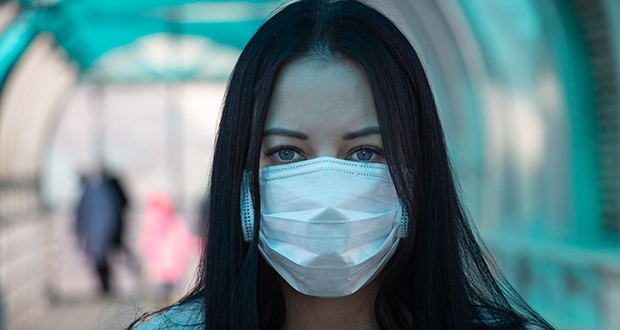COVID-19 continues to impact communities, making it a common concern for individuals seeking care. Urgent care centers play a valuable role in addressing these needs. Here is some information about key COVID-19 concerns and useful information for keeping patients safe.
Recognizing When to Visit Urgent Care
Knowing when to visit urgent care for COVID symptoms can help you make informed decisions. Symptoms like shortness of breath, high fever, persistent chest pain, or confusion may require prompt attention at an urgent care center. If symptoms are mild, such as a runny nose or sore throat, speaking with a doctor through telehealth services might be a good option.
Urgent care facilities are equipped to evaluate and treat moderate symptoms. If symptoms become severe, such as trouble breathing, seek emergency care. A bluish tint to the lips or face is also a sign to go to the emergency room immediately.
Before heading to an urgent care facility, take steps to minimize exposure for yourself and others. Wear a mask and sanitize your hands before entering the building. Many locations also have designated sections for respiratory cases to separate patients with suspected COVID-19 from others. Bringing a list of medications, recent travel history, and a timeline of symptoms can help healthcare providers give you the most effective care.
Testing Options at Urgent Care
Urgent care facilities typically provide several options for COVID-19 testing. Rapid antigen tests deliver results within minutes and are ideal for detecting active infections, particularly if symptoms are present. PCR tests require laboratory processing and are more accurate and can detect the virus even in its early stages. Most COVID-19 tests require a nasal swab to collect a sample from inside the nose. At-home testing kits are also available at many local pharmacies.
Protecting Yourself Post-Visit
After leaving an urgent care center, continuing to take precautions can slow the spread of COVID-19. If you tested positive, follow isolation guidelines by staying home and avoiding close contact with others. Monitor symptoms closely and contact your healthcare provider if your condition worsens. If your test result was negative but you were exposed to someone with COVID-19, it may still be necessary to self-quarantine, depending on current public health recommendations. Staying informed about the latest guidelines from health authorities can aid in keeping yourself and others safe.
Staying Proactive About COVID-19
Staying proactive is key to reducing the spread of illnesses like COVID-19. Keeping up with updated vaccinations, including the latest booster doses, continues to be a valuable strategy for protecting individual and community health. In crowded or indoor settings, wearing masks when necessary and maintaining regular hand hygiene are still effective ways to minimize exposure.
Accessing trusted medical resources and guidance from healthcare providers helps patients take control of their health. Urgent care centers offer quick access to support, testing, and medical advice. They bridge the gap for immediate healthcare needs.
Finding Peace of Mind at Your Urgent Care Visit
COVID-19 requires careful management, and having access to the right resources is invaluable. Urgent care facilities offer testing, treatment, and guidance to help you manage your health and reduce risks within your community. Take steps to stay informed and protect your well-being.

